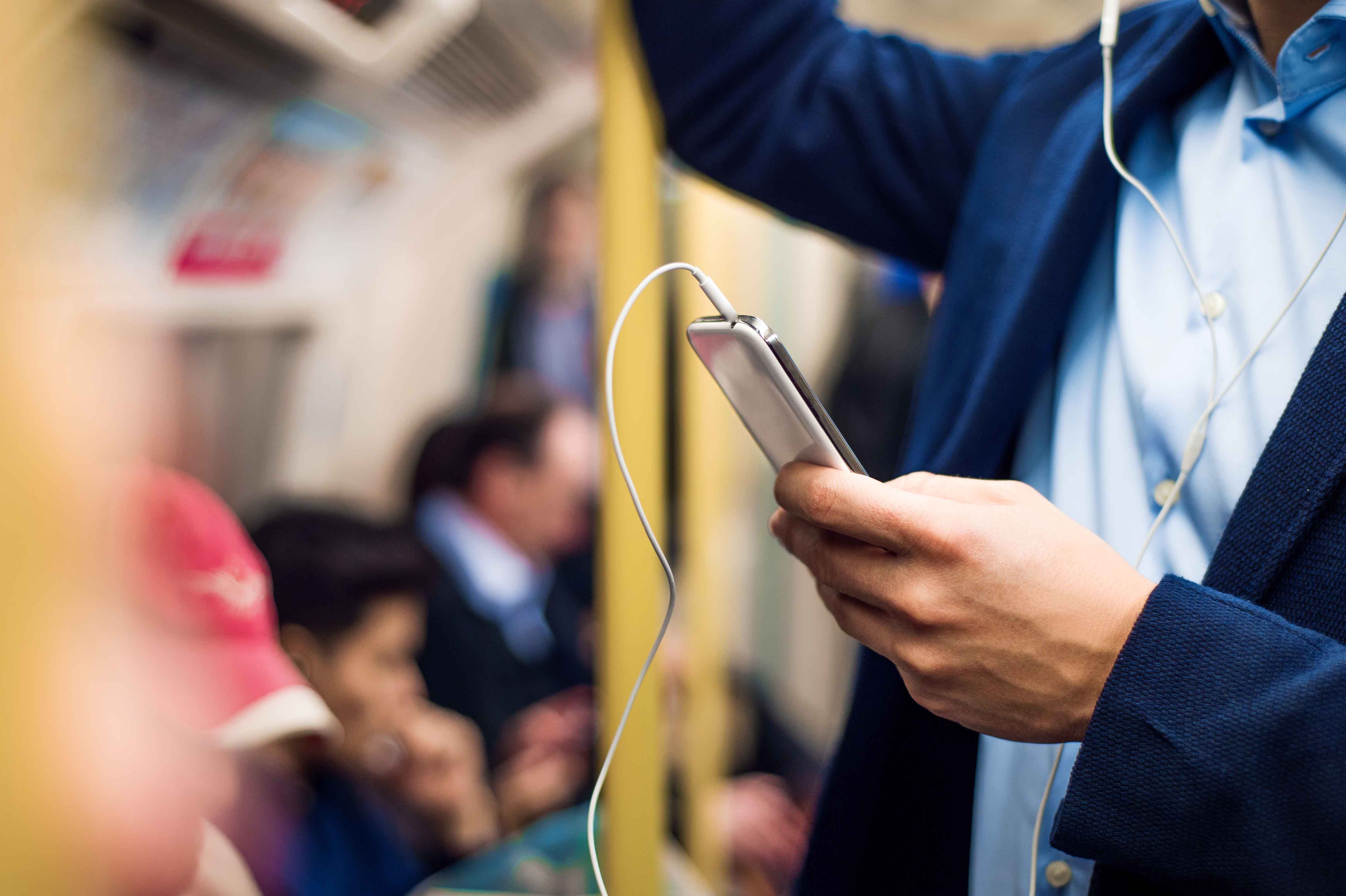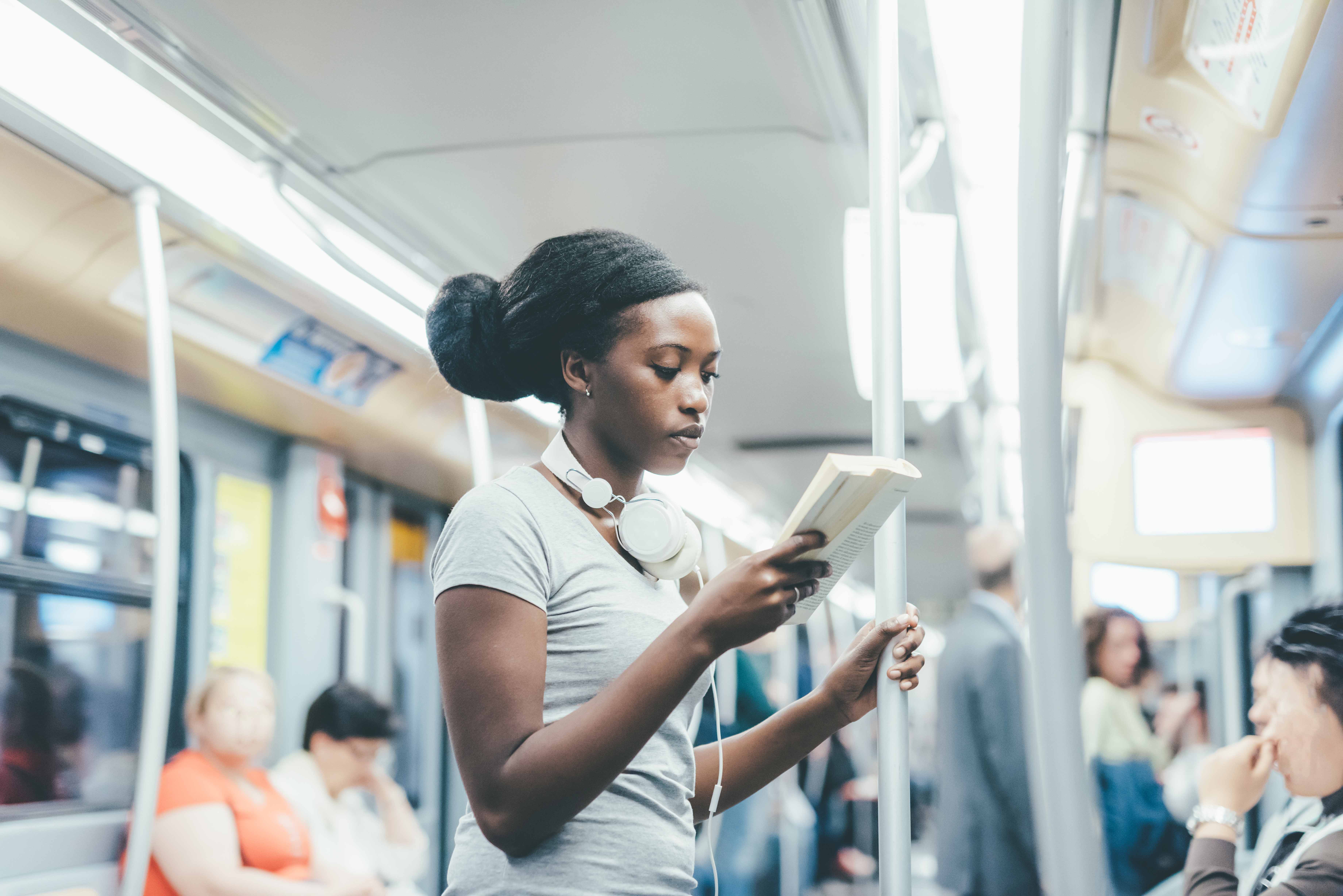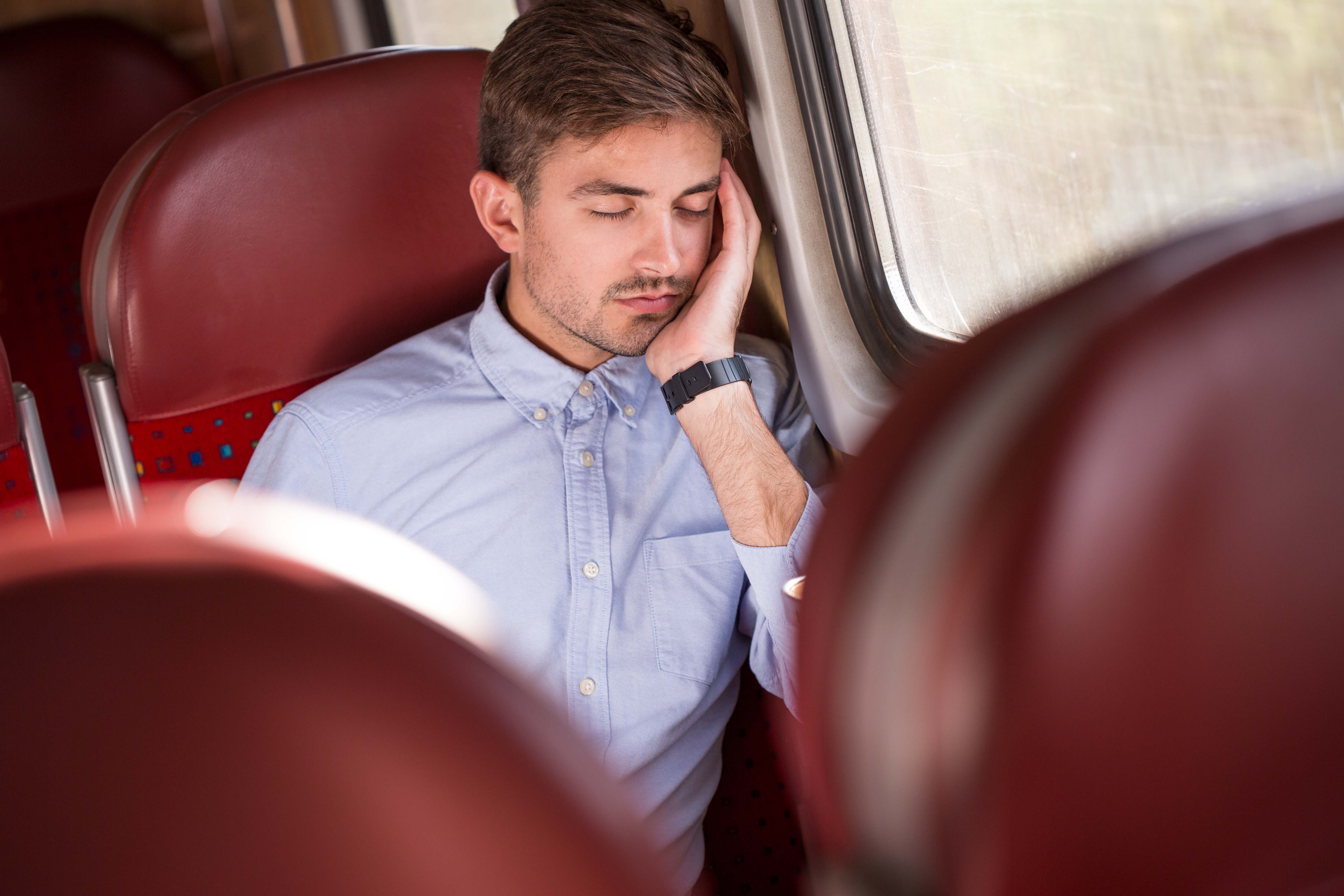
Reading time: 3 Minutes
According to our research, 27% of employees feel like they’re wasting time on their commute. And when you add up all the extra minutes the mobile workforce spends getting to the office, meetings and attending events, there’s a lot of lost time. The solution? Use it to get things done. Here are our favourite ways to spend travel time productively.
Create a to-do list: Get ready for the day ahead by noting down all of your priority tasks. For the most effective time planning, record how long you estimate each activity will take, and the order in which you’re going to tackle them. There are dozens of apps like Wunderlist and Evernote that are specifically designed to keep your tasks in order. If you’re driving, you can even use an app like Dragon Dictation to avoid getting distracted.
Catch up with emails: Data from McKinsey & Company shows that we spend 28% of our week reading and responding to emails. If you can use your travel time to stay on top of them, you can focus on your colleagues and key tasks when you’re in the office instead.

Build your network: If you’re always on top of your emails, your travel time could be better spent making new contacts and touching base with colleagues and clients you’ve not spoken to in a while. That could mean being more active on networks like LinkedIn and Twitter, or creating a plan for ways to expand your contact base.
Learn a language: If you travel a lot, the chances are you have international colleagues. So why not use the time to take your overseas collaborations up a level by learning their language? It can help advance negotiations and build closer connections. Try an app like Duolingo and squeeze in 20 minutes a day.
Read: Taking time out to read has many benefits. Turning to the latest thought-leadership book from an industry expert will obviously help you stay on top of new developments, but even reading a novel can have positive outcomes. Recent research suggests that reading literary fiction helps improve empathy and our ability to understand others, both of which are vital to business according to negotiation experts.

Rest: It might seem a bit off topic when we’re talking about productivity, but ensuring you’re well rested can play a big role in how effectively you perform. For those of you who don’t like to nap, you could consider taking up mindfulness exercises. Apps like Headspace and Personal Zen could help you clear your mind so you’re calmer and more focussed when you reach your destination.

Exercise: If excess energy is more of a problem when you’re sat down on a train all day, you may want to see whether it’s possible to walk, run or bike to work instead. Studies have shown that walking or cycling to work can reduce blood pressure and even make you feel more productive when you reach your destination.

Whatever route you choose, remember that it’s about the journey, not the destination. So opt for the productivity path that appeals most, instead of adding more stress to your commute.


